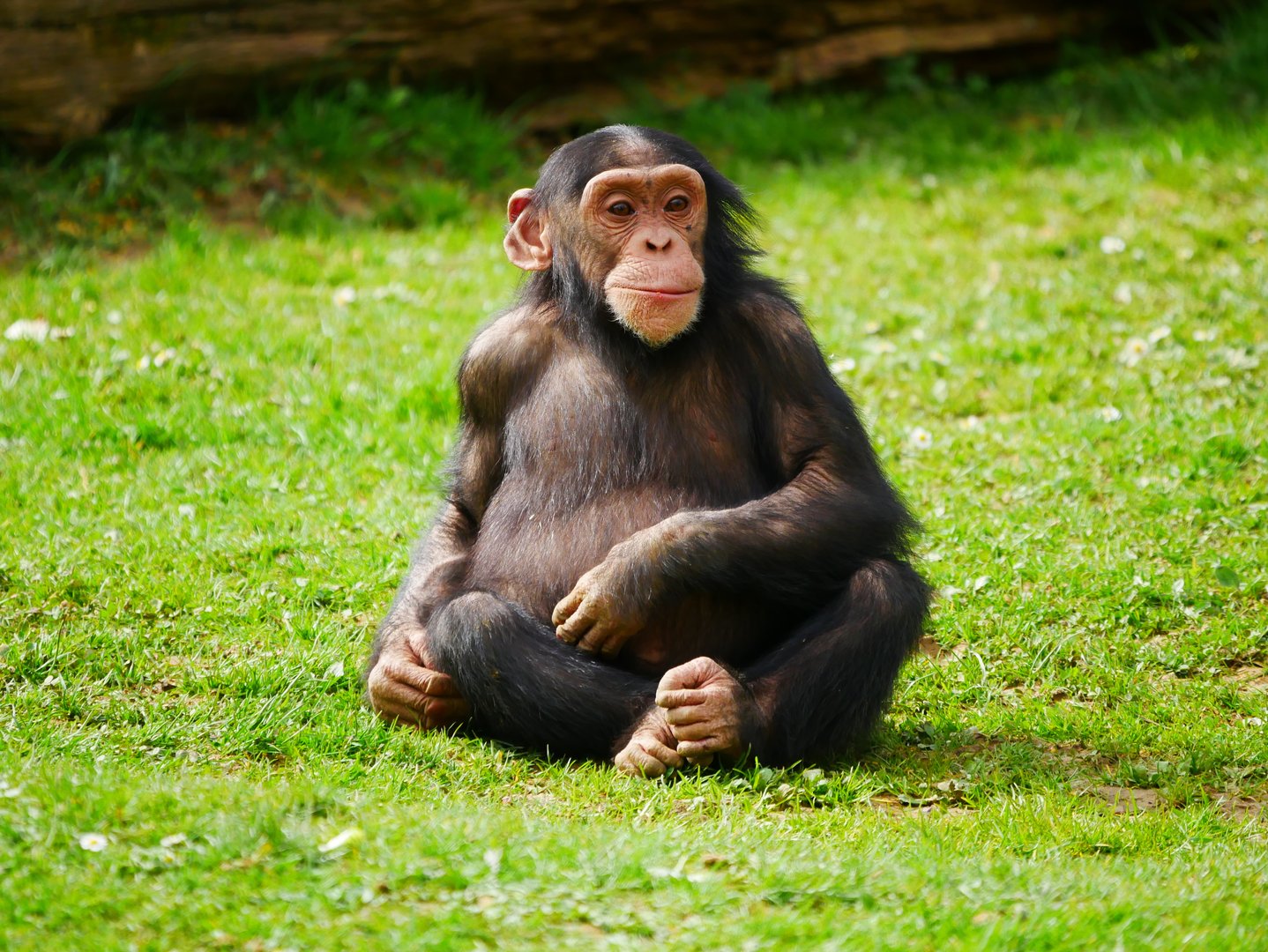
A few mammals, including humans and toothed whales, are known to have females who live past their reproductive years. A recent study, however, discovered the first pieces of evidence of female wild chimpanzees experiencing menopause and living a post-fertile life, which is extremely rare in the animal kingdom.
“Chimpanzees have been studied in the wild for a long time, and you might think there’s nothing left to learn about them,” senior author Kevin Langergraber of Arizona State University told news agency AFP. “I think this research shows us that’s not true.”
A team of researchers from the University of California Los Angeles discovered that fertility in western Uganda’s Ngogo community of wild chimps declined after the age of 30, with no births observed after the age of 50, just like in humans and other chimp populations.
The researchers studied the mortality and fertility rates of 185 female chimpanzees at Kibale National Park
The research team estimated the fraction of adult life spent in a post-reproductive state for all females surveyed after studying the mortality and fertility rates of 185 female chimpanzees at Kibale National Park from demographic data collected from 1995 to 2016.
The researchers also measured the hormone levels in urine samples collected from 66 female chimpanzees, which they linked to human menopause. It included an increase in follicle-stimulating and ovulating hormones as well as a decrease in ovarian steroid hormones such as estrogens and progestins. The chimpanzees had varying reproductive levels and ages ranging from 14 to 67 years.
According to the researchers’ study published in the journal Science, Ngogo females experienced a menopausal shift similar to that of humans beginning around the age of 50.
The researchers also discovered that, like humans, it was not unusual for these female chimps to live past the age of 50.
According to the researchers, a female who reached adulthood at the age of 14 was post-reproductive for about one-fifth of her adult life, or roughly half as long as a human hunter-gatherer.
“We now know that menopause and post-fertile survival arise across a broader range of species and socio-ecological conditions than formerly appreciated, providing a solid basis for considering the roles that improved diets and lowered risks of predation would have played in human life history evolution,” said Wood.
